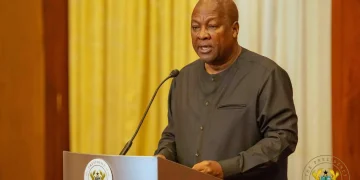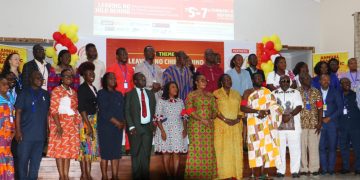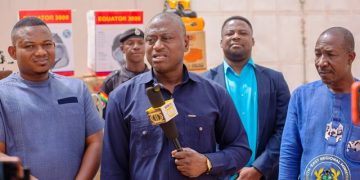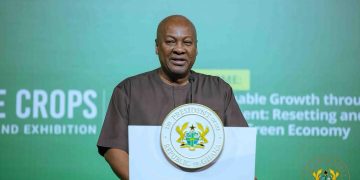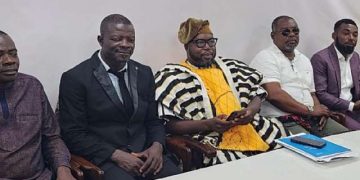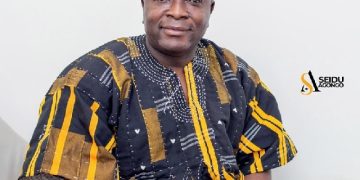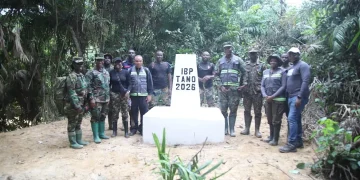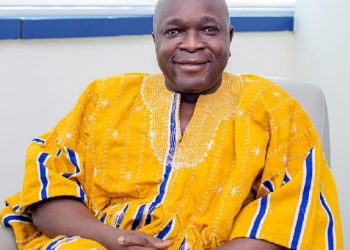Investigative journalist Manasseh Azure Awuni has issued an open letter to Organised Labour, urging them to proceed with their planned nationwide strike on October 10 if the government fails to tackle the illegal mining (galamsey) crisis.
In the letter, Manasseh expresses his gratitude to the leadership of Organised Labour for their recent activism, particularly their stance on the controversial sale of SSNIT hotels, but calls on them to take decisive action in the fight against galamsey.
Manasseh’s letter outlines a number of concerns regarding the government’s reluctance to address the illegal mining menace due to political considerations, with the fear of losing votes in the 2024 general elections being a central factor.
According to Manasseh, the government places more value on the votes of illegal miners than on the environmental devastation galamsey has caused, including the destruction of water bodies, forest reserves, and farmlands.
Highlighting the political dimensions of the issue, Manasseh points out that both the New Patriotic Party (NPP) under President Akufo-Addo and the National Democratic Congress (NDC) under former President John Dramani Mahama have failed to adequately combat illegal mining.
He criticizes the current administration for legalizing small-scale mining in forest reserves, which has contributed to further environmental destruction.
In his letter, Manasseh appeals to Organised Labour to ignore political considerations and stand firm in their quest to hold the government accountable.
He reminds them that their agitation against galamsey is not a new issue, referencing the efforts of the Media Coalition Against Illegal Mining as far back as 2017.
He argues that if the government had resolved the problem, there would be no political risk to the ruling party now.
“The illegal mining menace did not begin in the election year of 2024,” Manasseh writes. “If the government has refused or failed to resolve the problem, then you should not care about the political effect of your actions on that governing party.”
He also urges Organised Labour to demand an immediate suspension of all mining activities, with the exception of large-scale miners like Newmont and AngloGold, who are complying with international best practices.
He calls for strong commitments from all presidential candidates going into the December 2024 elections and insists that Organised Labour’s fight should not end after the election.
Manasseh’s letter concludes with a call to action, urging Organised Labour not to let Ghanaians down at this critical moment.
He emphasizes the unique opportunity they have to bring “sanity back to a nation ruined by greed and stupidity” and warns that if the strike is called off, the government is unlikely to address the issue after the elections.
“You are our last resort in this quagmire of hopelessness,” Manasseh writes, urging the leadership of Organised Labour to “strike while the iron is hot” and force the government to take decisive action against galamsey.
The nationwide strike, if it proceeds, is expected to have significant implications for the country, especially as Ghana’s economy remains fragile ahead of the upcoming elections.
Organised Labour’s leadership is yet to respond publicly to Manasseh’s letter, but the call for urgent action has further amplified the national discourse on the illegal mining crisis.





